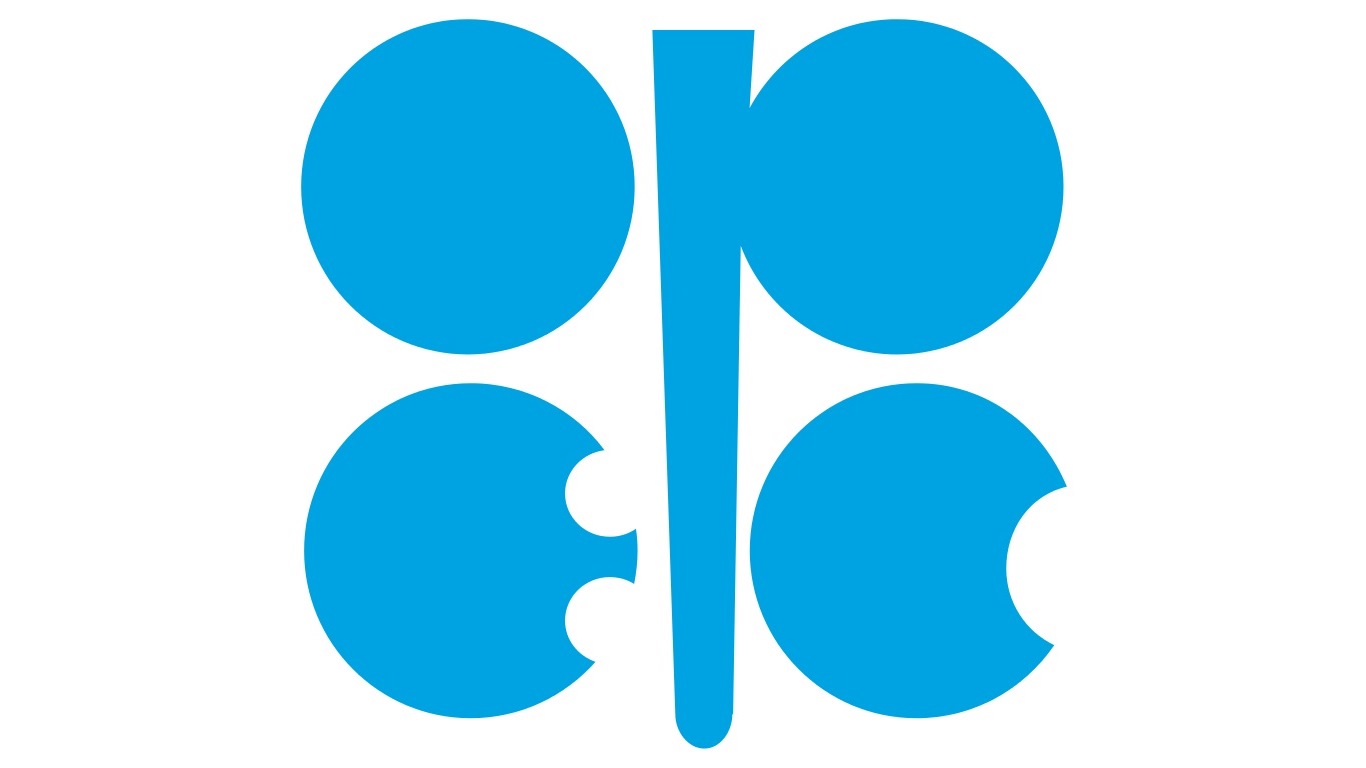
The Organization of the Petroleum Exporting Countries (OPEC) has officially agreed to extend its production cuts for an additional nine months. And the sun rose in the east.
The agreement was settled last Saturday between Saudi Crown Prince Mohammed bin Salman and Russian President Vladimir Putin at the G-20 meeting in Osaka, Japan. The OPEC oil ministers merely provided a rubber stamp to the agreement.
To add a bit of spice to the lack of suspense, note that Brent crude oil prices dropped by $1.00 a barrel from a high of around $65.50 to close Monday under $65.00. Brent crude traded roughly flat early Tuesday following discouraging news on the slumping global economy.
Also note that, since instituting production cuts in January 2017, OPEC has raised the price of crude by about $8.50 a barrel. Last October, Brent crude reached $85 a barrel before dropping $30 to end the year at around $55 a barrel. OPEC has lost its mojo.
Bloomberg on Monday cited a report from Goldman Sachs analysts that OPEC and its partners, aka OPEC+, will be forced to make deeper cuts in order to reduce inventory levels and meet even Goldman’s rather modest 2020 price target for Brent of $60 a barrel. That means that prices a year from now are likely to be lower, not higher.
Six-month futures for Brent traded down slightly Tuesday at nearly $1.50 below the current spot price. Twelve-month futures were $0.50 a barrel lower than the six-month futures. The Saudis have promised to make deeper cuts if needed to reduce inventories and raise prices, but even if they take those steps, traders are betting against them.
Global demand is falling and OPEC expects U.S. daily production to increase by 1.8 million barrels in 2019. Saudi energy minister Khalid Al-Falih indicated that he is willing to wait as long as it takes for the U.S. shale boom to peter out. If Saudi Arabia is willing to absorb the punishment, Putin will stand shoulder to shoulder with the Saudis as long as he doesn’t have to give up more than a token amount of oil to maintain his newfound grip on OPEC.
Take Charge of Your Retirement In Just A Few Minutes (Sponsor)
Retirement planning doesn’t have to feel overwhelming. The key is finding expert guidance—and SmartAsset’s made it easier than ever for you to connect with a vetted financial advisor.
Here’s how it works:
- Answer a Few Simple Questions. Tell us a bit about your goals and preferences—it only takes a few minutes!
- Get Matched with Vetted Advisors Our smart tool matches you with up to three pre-screened, vetted advisors who serve your area and are held to a fiduciary standard to act in your best interests. Click here to begin
- Choose Your Fit Review their profiles, schedule an introductory call (or meet in person), and select the advisor who feel is right for you.
Why wait? Start building the retirement you’ve always dreamed of. Click here to get started today!
Thank you for reading! Have some feedback for us?
Contact the 24/7 Wall St. editorial team.




